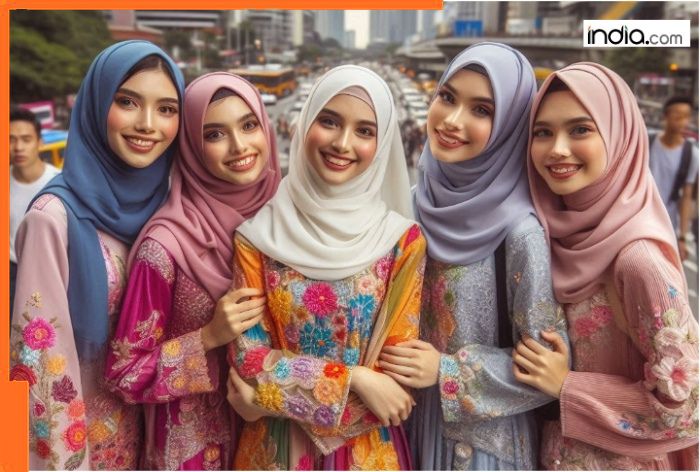Kazakhstan Bans Face Veils in Public, Citing Security Concerns
The ban is part of a regional trend, with neighboring countries also imposing restrictions on face-covering clothing, and exemptions will be allowed for medical, weather, or workplace reasons, aiming to balance individual freedoms with national security concerns.

Kazakh President Kassym-Jomart Tokayev has signed a law banning individuals from wearing clothing that covers their faces in public, citing national security and facial recognition concerns, with exemptions for medical purposes, adverse weather conditions, and cultural events.
The law, which does not explicitly mention religion, aims to restrict forms of dress that "interfere with facial recognition" and is part of a broader effort to promote "national style" and ethnic identity. President Tokayev has encouraged people to wear traditional clothing instead of face-concealing attire, as the country seeks to maintain its secular image.
This move follows similar laws introduced in other Central Asian countries, including Kyrgyzstan and Uzbekistan, which have also banned face veils and imposed fines for non-compliance. Kazakhstan, a Muslim-majority country, has a history of banning face-covering clothing, including a ban on wearing the hijab for schoolgirls in 2017.
The ban has been supported by President Tokayev, who has called the niqab an "outdated and unnatural" garment imposed by extremists. The country has been grappling with growing religious extremism and security concerns, and the law is seen as an effort to address these issues while promoting a sense of national identity.
The implementation of the law is expected to have significant implications for the country, and its effects will be closely monitored in the coming months. As Kazakhstan navigates its cultural and religious identity, the ban on face veils is likely to remain a topic of discussion and debate.